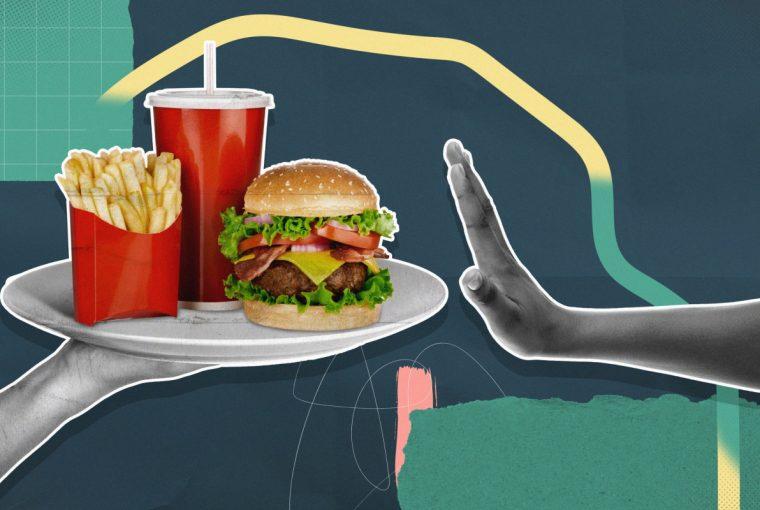Fast food has become a staple in our modern diet. It’s easy, it’s convenient, and it’s often cheap. But there’s a reason why fast food has earned a bad reputation in the health community. In this article, we’ll explore the dangers of fast food and how it can affect your health.
What is Fast Food?
Fast food is defined as food that is prepared and served quickly, often in a restaurant or a takeout joint. Fast food typically includes items such as burgers, fries, pizza, fried chicken, and tacos. It’s often high in calories, fat, and sodium, and low in essential nutrients like fiber, vitamins, and minerals.
The Dangers of Fast Food
1. Weight Gain
Fast food is often high in calories, which can lead to weight gain. Studies have shown that people who eat fast food more than twice a week are more likely to be overweight or obese than those who eat fast food less frequently. The high-calorie content of fast food can also contribute to an increased risk of heart disease, diabetes, and other health problems.
2. Increased Risk of Heart Disease
Fast food is often high in saturated and trans fats, which can contribute to an increased risk of heart disease. These fats can raise your cholesterol levels, which can lead to the buildup of plaque in your arteries. Over time, this can narrow your arteries and increase your risk of heart attack and stroke.
3. Increased Risk of Type 2 Diabetes
Fast food is often high in sugar and refined carbohydrates, which can cause your blood sugar levels to spike. Over time, this can contribute to an increased risk of type 2 diabetes. Studies have shown that people who eat fast food more than twice a week are more likely to develop type 2 diabetes than those who eat fast food less frequently.
4. Poor Nutrition
Fast food is often low in essential nutrients like fiber, vitamins, and minerals. This can lead to a lack of nutrition in your diet, which can contribute to a variety of health problems. A lack of fiber, for example, can contribute to digestive problems like constipation, while a lack of vitamins and minerals can lead to a weakened immune system and an increased risk of disease.
5. Addiction
Fast food is often high in sugar, salt, and fat, which can trigger the release of dopamine in your brain. Dopamine is a neurotransmitter that plays a role in pleasure and reward. Over time, the release of dopamine in response to fast food can lead to an addiction to these types of foods.
Conclusion
Fast food may be convenient, but it comes with a host of health risks. It can contribute to weight gain, heart disease, type 2 diabetes, poor nutrition, and even addiction. While it’s okay to indulge in fast food every once in a while, it’s important to make healthier choices most of the time. Opt for whole, unprocessed foods that are high in nutrition and low in calories, and limit your consumption of fast food as much as possible. Your body will thank you.




